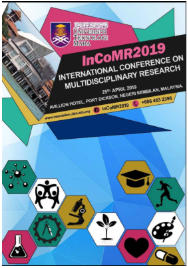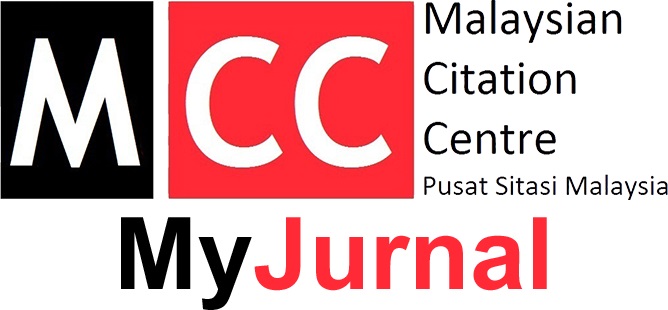RESIDENTS’ PERCEPTION TOWARDS SOCIAL AND CULTURAL IMPACTS ON HOSTING A SPORTS’ EVENT
Keywords:
sports’ event, hosting a sports’ event, sport tourism, social, culturalAbstract
Today sport and tourism are among the developed worlds’ most sought-after leisure experiences and are becoming very important reflecting the host venue both socially and culturally. In this new era, many challenges were even more significant for Malaysia as she is not yet developed like other countries. Therefore, a careful selection of a potential place as a host venue for sports’ event is important. In line with that notion, this study aims to examine residents’ perception towards social and cultural impacts on hosting World Kite Festival in Pasir Gudang, Johor. A self-administered questionnaire was developed. A total of 461 residents were successfully surveyed and their perceptions towards social and cultural impacts were assessed by utilizing Scale of Perceived Social Impact (SPSI). All obtained data were further analyzed by using Statistical Package for Social Science (SPSS). In order to achieve the research objectives, descriptive statistic was used for assessing the percentages, mean, rank and standard deviation. While independent t-Test was used to investigate the gender differences among residents at World Kite Festival. The finding indicates that there was a positive impact of hosting a sports’ event to the resident at Pasir Gudang although some negative impacts were witnessed. Thus, some improvement is needed.
References
Gibson, H. (2012), Small-scale event sport tourism: A case study in sustainable tourism. Sport Management Review, 15, 160-170.
Gursoy, D., Yolal, M., Ribeiro, M. A., & Panosso Netto, A. (2017). Impact of trust on local residents’ mega-event perceptions and their support. Journal of Travel Research. 56(3), 393-406.
Jönsson, C., & Lewis., C. (2014). Impacts of hosting a sport event in tourism high season. Retrieved from https://www.researchgate.net/publication/267525172
Kim, W., & Walker, M. (2012). Measuring the social impacts associated with Super Bowl XLIII: preliminary development of a psychic income scale. Sport Management Review. 15, 91-108.
Kim, W., Jun, H. M., Walker, M., & Drane, D. (2015). Evaluating the perceived social impacts of hosting large-scale sport tourism events: Scale development and validation. Journal of Tourism Management, 48, 21-32.
Knott, B., & Hemmonsbey, J. (2015). The strategic value of sport for an African city brand. African Journal of Physical, Health Education, Recreation & Dance. 21(1), 191-204.
Mansour, E. Z., & Mahin, E. Z. (2013). The impacts of tourism industry on host community. European Journal of Tourism Hospitality and Research. 1(2), 12-21.
Prayag, G., Sameer., H., & Khaled, O. (2013). The role of tourists' emotional experiences and satisfaction in understanding behavioural intentions. Journal of Destination Marketing & Management. 2 (2), 118-127.
Presenza, A., & Sheehan, L. (2013). Towards a model of the roles and activities of destination management organizations. Retrieved from: https://www.researchgate.net/publication/255597442
Tourism Malaysia (2017), Annual Report. Retrieved from:
https://www.tourism.gov.my/activities/view/tourism-malaysia-2017-annual-report
World Tourism Organization (2013), UNWTO Annual Report 2013, UNWTO: Madrid.
Downloads
Published
Issue
Section
License
Copyright (c) 2019 Journal of Academia

This work is licensed under a Creative Commons Attribution-NonCommercial-NoDerivatives 4.0 International License.












